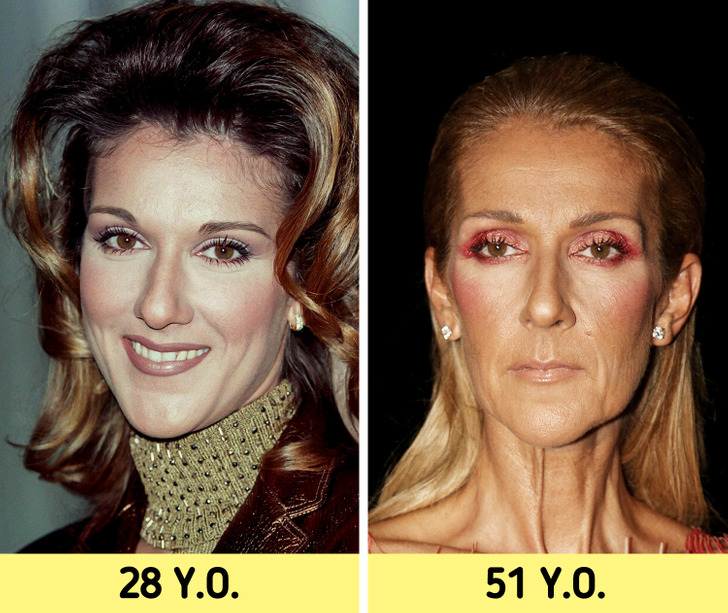The growing plastic waste problem Awakening the society around the world, various organizations join in tackling the problem of plastic waste by reducing its use. not adding new plastic waste into the system But the plastic waste that exists today create quite a few problems Many agencies therefore have the concept of managing existing plastic waste by using the concept of "Circular Economy".
The European Union (EU) has adopted the “2018 Circular Economy Action Package” covering goals and policies to reduce plastic waste. Reducing landfill and increase the amount of recycling This reflects that the circular economy is being actively driven by both governments and businesses around the world. This may affect Thailand's exports of plastic packaging products to the EU may also be affected. Therefore, entrepreneurs must pay more attention to product quality and change their business according to the circular economy concept.
In Thailand, the Cabinet (Cabinet) has approved the 2018-2030 Plastic Waste Management Roadmap to serve as a policy framework for overall plastic waste management in the country. and is an integrated management of many agencies, defining directions, preventive actions and solve the country's plastic waste disposal problem The goal of action is divided into two phases.
The first aspect is to reduce and stop using plastic. and use environmentally friendly renewable materials Divided into two periods: by 2019, 3 types of plastic will be stopped, comprising plastic caps for drinking water bottles. Plastic mixed with Oxo and plastic mixed with microbeads. The second phase will be phased out of use by 2022. The other four are plastic handles with a thickness of less than 36 microns, foam food containers, plastic straws, with exceptions for children, the elderly and the sick, and disposable plastic cups. single
The second aspect is the recycling of 100 percent of the targeted plastic waste by 2027. There will be studies and targets for the reuse of plastic waste. While the waste will be disposed of properly, the action plan is divided into 3 measures.
1. Measures to reduce the elimination of plastic waste at the source, which will support the design of environmentally friendly products.
2. Measures to reduce the use of plastic at the consumption process by driving reduction Stop using single-use plastics
3. Measures to manage plastic waste after consumption will be promoted Supporting the recycling of plastic waste
There are four management mechanisms:
1. Build knowledge understanding of relevant departments for cooperation in the implementation of
2. Public relations campaign through online media
3. Appropriate tools and mechanisms such as behavior change in all sectors expedite legislation and
4. Preparation of the country's plastic waste database
The results obtained from such roadmaps It is expected to reduce the amount of plastic waste by approximately 0.78 million tons per year and can save approximately 3,900 million baht per year in solid waste management budget.
Relevant government agencies have begun to drive according to the roadmap, such as the Office of Industrial Economics (OIE) in collaboration with the Plastics Institute. Applying the concept of Circular Economy to restructure the plastics industry, taking into account 3 main aspects: economy, society and environment. Focus on the restructuring of production that takes into account the cost-effective and comprehensive use of resources. From the production process, consumption, waste management and reuse of raw materials.
However, the Industrial Transformation Center for the Future (ITC) has been opened in the past for recycling technology and raw material innovation for the plastics industry. To drive recycling entrepreneurs to conduct business according to academic principles and to be environmentally friendly. It also promotes business transformation, creating Circular Enterprises/Startups, such as designing products that are long-lasting and easy to recycle. Reusing materials from biomaterial recycling and all recyclable materials are used as the main raw material in production.
In addition, the Ministry of Industry, together with the Ministry of Finance, has developed tax incentives to promote environmentally friendly packaging. Buyers of biodegradable bioplastic packaging will receive a tax deduction of 1.25 times for a period of 3 years from January 1, 2019 to December 31, 2021, and together with the Federation of Thai Industries to make a memorandum of cooperation on Industrial development under the Factory 4.0 policy to drive the circular economy concept into practice throughout the value chain of business processes.
while at present Private companies large and small are very keen on handling plastic waste. and adopting the circular economy concept. For example, IRPC recently signed a contract with Teksa Energy Company Limited and VA Energy Company Limited to purchase oil from processed plastic waste. That helps reduce the amount of plastic waste by 560 tons / month.
With the signing, IRPC will receive 300,000 – 400,000 liters/month of processed oil from plastic waste, which is the oil obtained from the pyrolysis process, reducing the amount of plastic waste by 560 tons/month, helping to solve the waste problem. sustainable plastic and supporting a circular economy in another way
For SMEs, divide their business according to economic trends. It will be a model that is both sustainable and able to adapt faster than large businesses. So this trend is not for fun. So you have to adapt and change.






0 comments:
Post a Comment